Trending Now
Wednesday, Aug, 2024
Home / Researchers from IIT Guwahati Developed Cardiac Proteins to Fix Damaged Heart
Researchers from IIT Guwahati Developed Cardiac Proteins to Fix Damaged Heart
The heart cells built using this toolbox can have the same function as the actual heart cells and can be used to restore damaged heart tissues. This toolbox can stimulate the generation of autologous heart cells in a laboratory.
 by Pragti Sharma /
by Pragti Sharma /  22 Feb 2023 16:52 PM IST /
22 Feb 2023 16:52 PM IST /  0 Comment(s) / 403
0 Comment(s) / 403
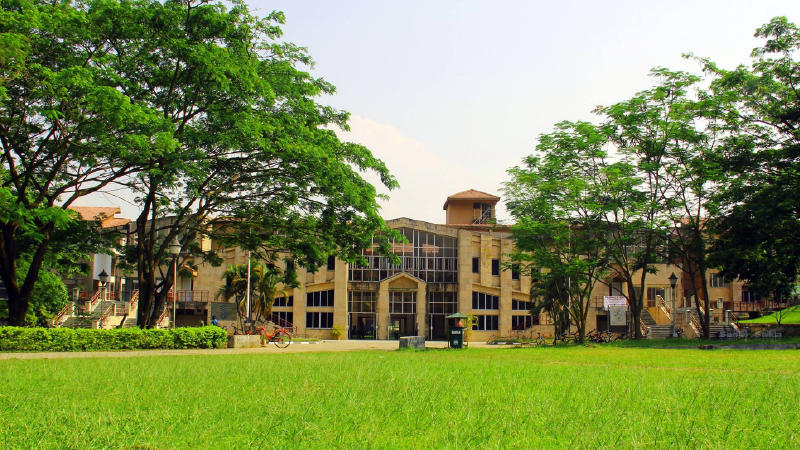
Image Courtesy : www.facebook.com/iitgwt
The Indian Institute of Technology, Guwahati (IIT Guwahati) research team has invented a ‘Recombinant Protein Toolbox’ containing six unique proteins, which can be utilized to transform healthy skin cells or any somatic cells from an adult human body into heart cells, particularly cardiomyocytes.
The heart cells built using this toolbox can have the same function as the actual heart cells and can be used to restore damaged heart tissues. This toolbox can stimulate the generation of autologous heart cells in a laboratory.
The research team is directed by Assistant Professor, Department of Biosciences and Bioengineering, Dr. Rajkumar P Thummer, with his research scholar Krishna Kumar Haridhasapavalan.
The IIT Guwahati team has successfully created cell-permeant recombinant proteins that have the ability to convert skin cells to heart cells. A recombinant protein is a desired protein made by engineered host cells in a lab using recombinant DNA technology.
The IIT Guwahati researchers could ‘reprogram’ the cells and make them have the characteristics of heart cells by exposing skin cells to these proteins. This procedure can be seen as ‘re-wiring’ the genetic program of the skin cells to be more like that of heart cells.
In order to validate the biological action of the recombinant fusion proteins, the team has teamed with Dr. Vishwas Kaveeshwar from the Central Research Laboratory, SDM College of Medical Sciences and Hospital in Dharwad, Karnataka.
Explaining the components of their work, Assistant Professor, Department of Biosciences and Bioengineering, IIT Guwahati, Dr. Rajkumar P Thummer, said recombinant protein-based cellular reprogramming is an advantageous alternative and the safest technique among other available non-integration approaches. As these proteins do not change or alter the genome of the cells, the cells developed using this reprogramming process have a high cell therapeutic value. Several challenges associated with the heterologous production of these recombinant proteins have been handled in our six research publications in various journals.
Research Scholar at IIT Guwahati, Krishna Kumar Haridhasapavalan, said the recombinant proteins can be delivered to target sites without harmful reagents. In addition to cardiac repair, these proteins can be examined for their role in different cancers as suppressors or promotors of tumour growth.
The researchers have recently shared their outcomes on the development of cell and nucleus penetrating versions of six cardiac reprogramming transcription elements in multiple international peer-reviewed journals, including Molecular Biotechnology, Bioprocess, and Biosystems Engineering, Applied Microbiology, and Biotechnology, Advances in Experimental Medicine and Biology, Healthcare Research, and Related Technologies Proceedings from NERC 2022, Current Research in Biotechnology, and Scientific Reports.

EShort / February 16, 2024
IMS Noida Admissions 2024: Apply for UG, PG programmes

EShort / February 16, 2024
GATE 2024: Response sheet out

EShort / February 16, 2024
BSSTET 2023: Admit card released

EShort / February 16, 2024
NID DAT 2024: Prelims result released

EShort / February 16, 2024
IIT JAM 2024: Response sheet released

Jobs / February 16, 2024
UPSC Recruitment Drive 2024: Apply for 120 vacancies in various departments

EShort / February 14, 2024
UPSC CSE 2024: Official Notification issued; application process begins

Editor's Desk / April 17, 2020
How Does Society Impact Our Education?

Current Affairs / April 22, 2020
Mr. Sudarsanam Babu appointed to U.S. Science Board.
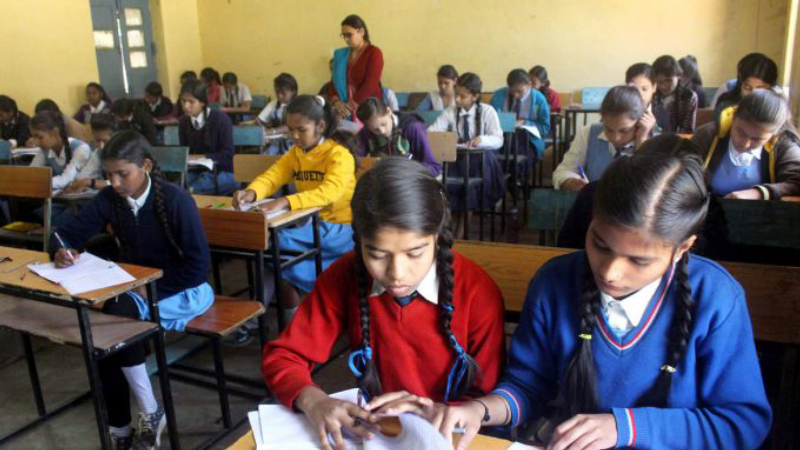
Reforms / April 17, 2020
Traditional Structure of Education In India
.jpg)
Events & Seminars / April 17, 2020
PISA!!
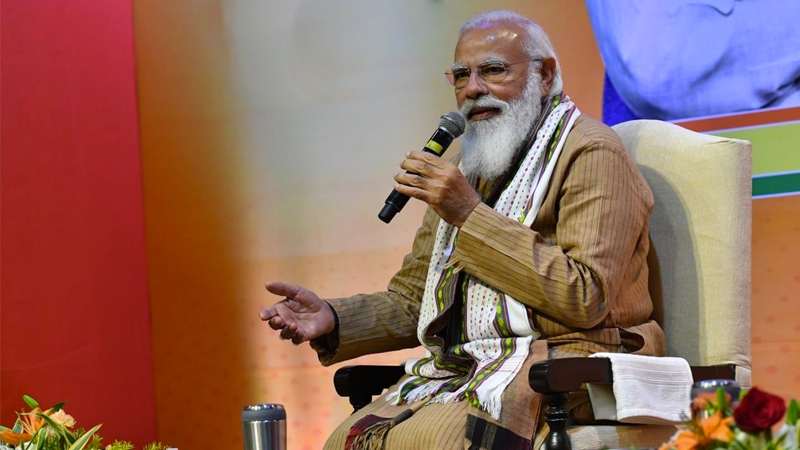
Blog / February 26, 2021
Government's Action On #ModiRojgaarDo

EShort / May 19, 2022
CUET PG 2025 has started the registration process.

Notice Board on Important Dates / April 21, 2020
World Heritage Day

News / July 08, 2021
JEE Mains Registration For Session 3: Last Date To Apply

EShort / June 11, 2022
KCET 2022 registration reopen today


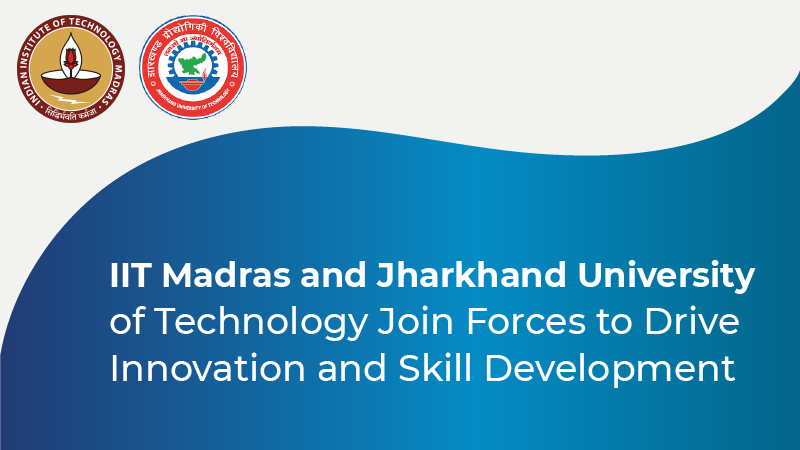
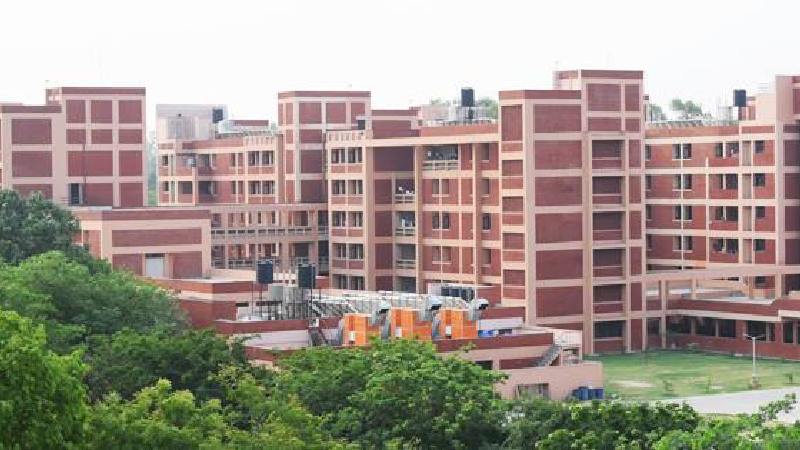
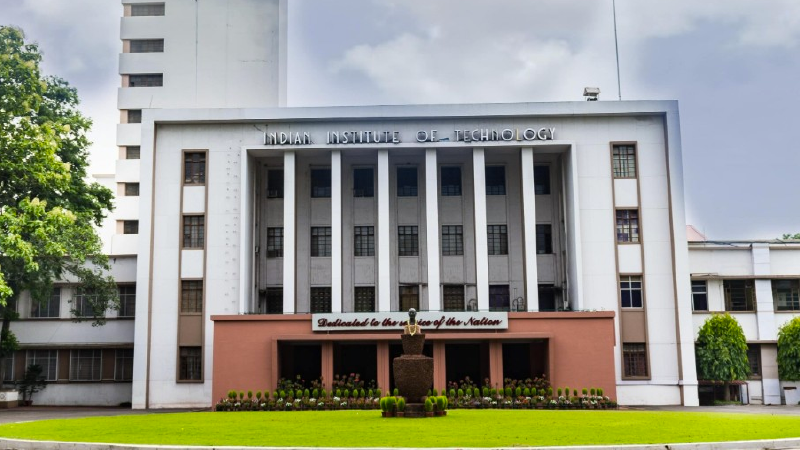
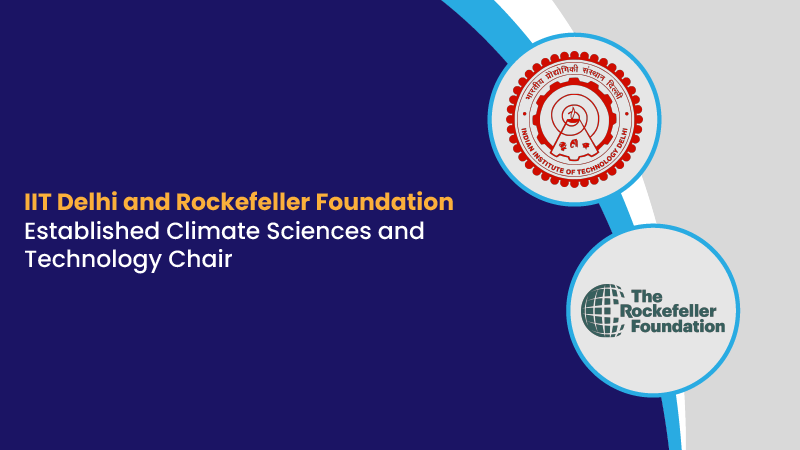
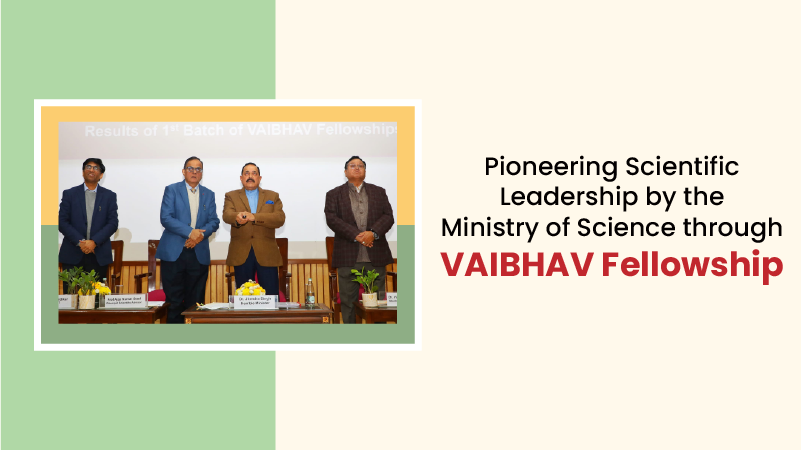
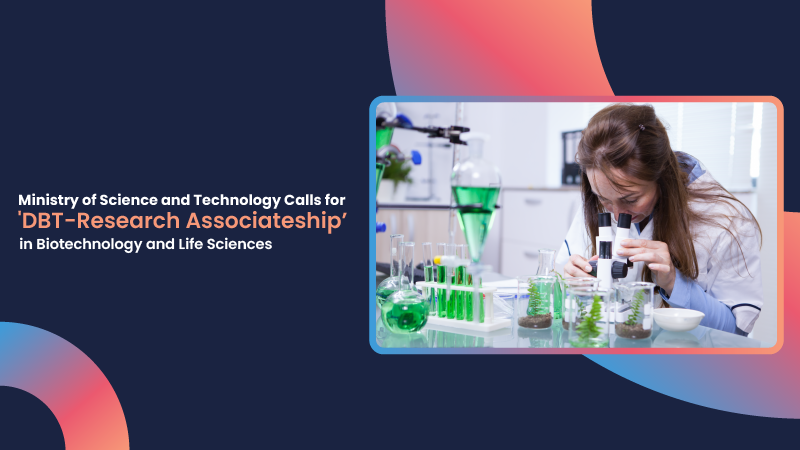
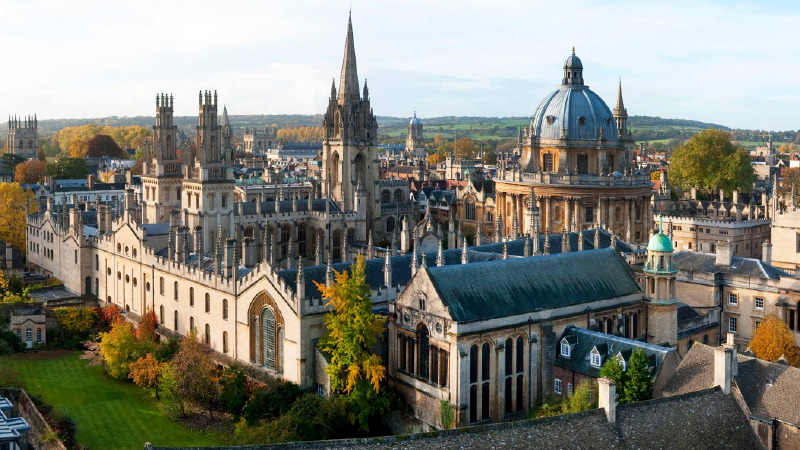

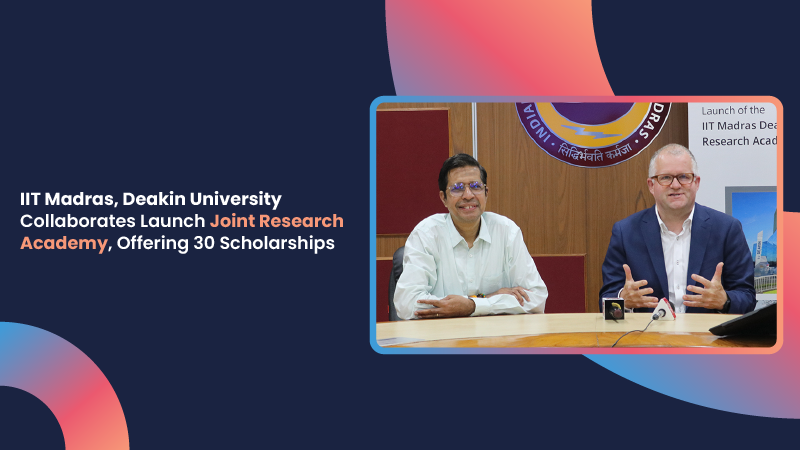
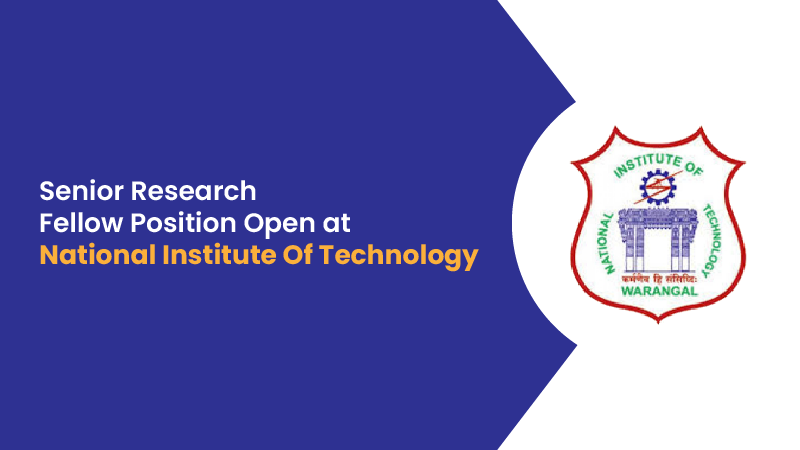
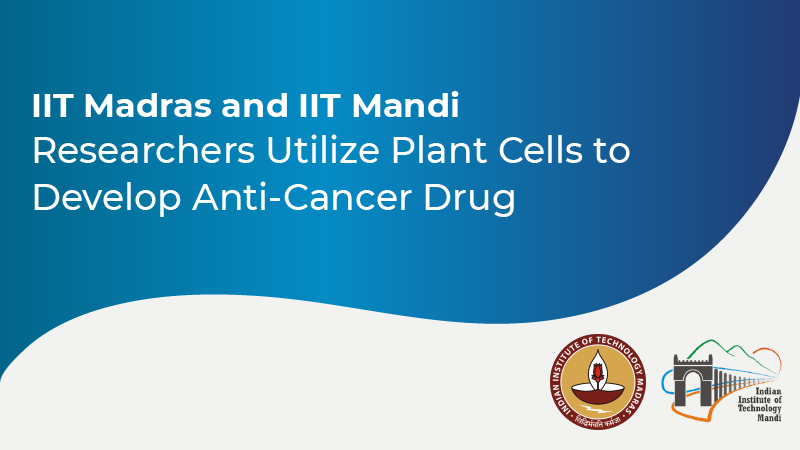
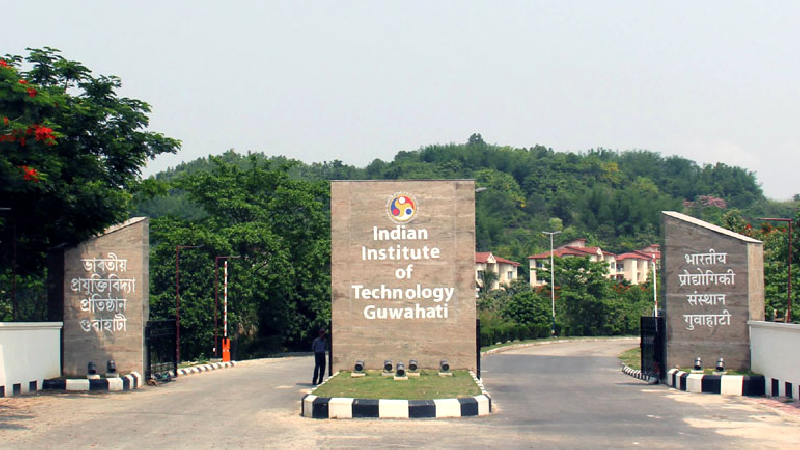
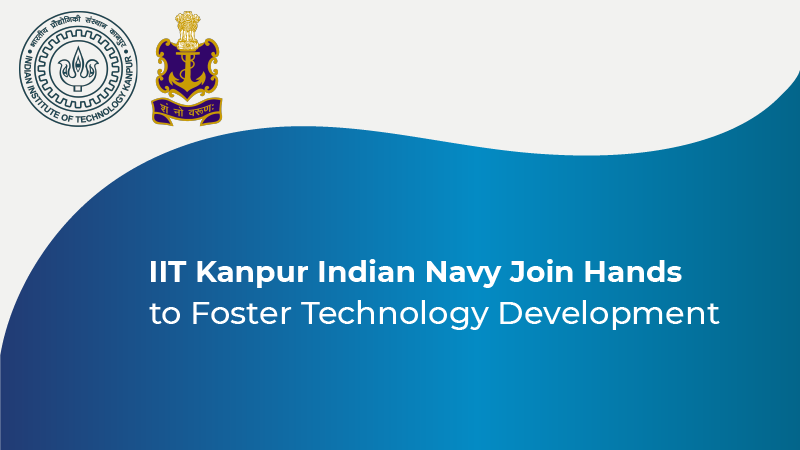

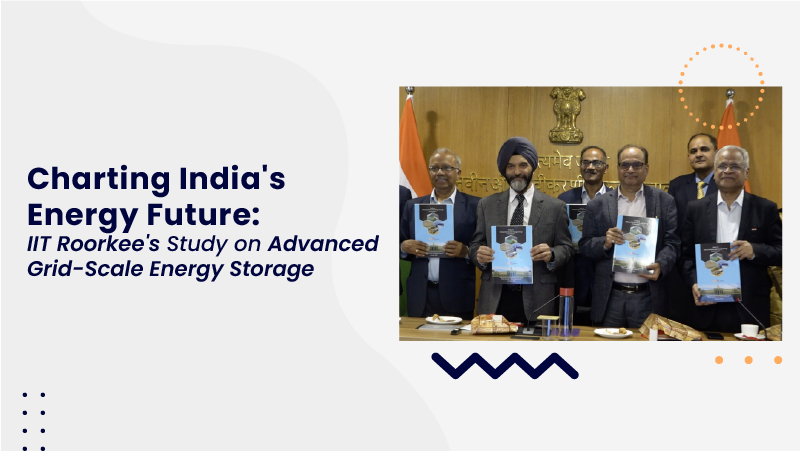


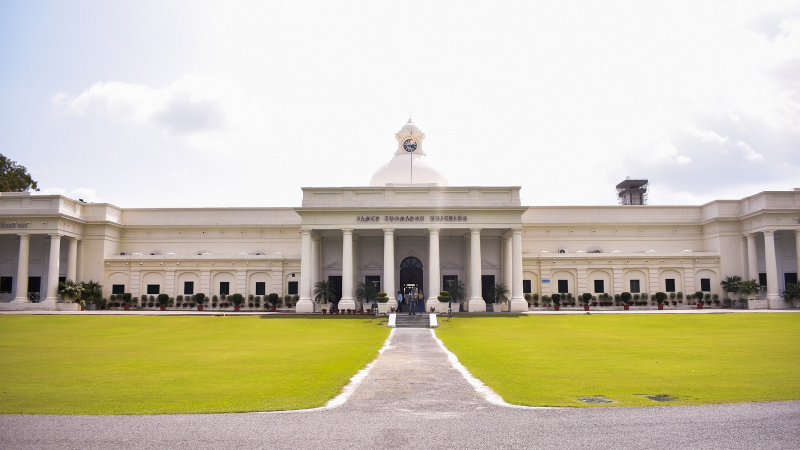
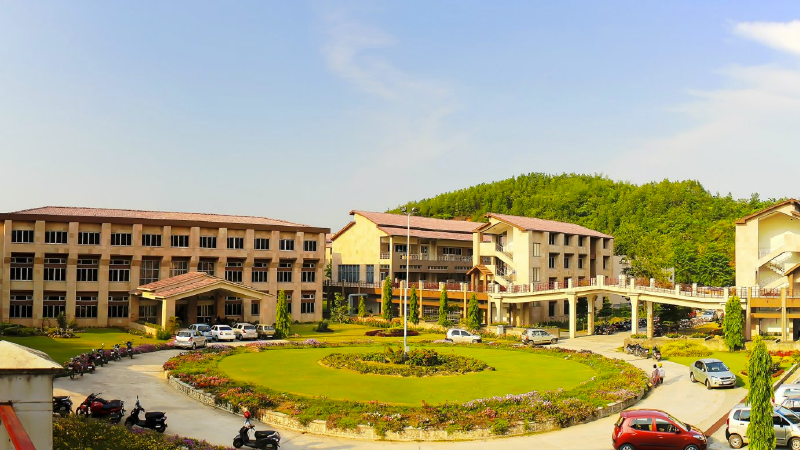
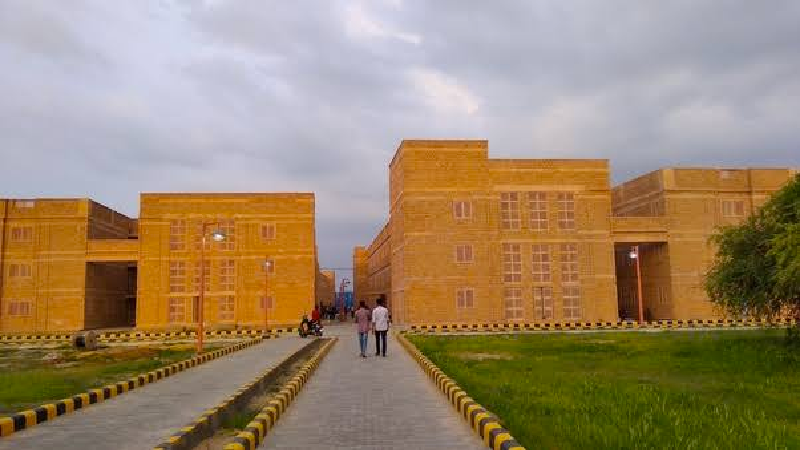
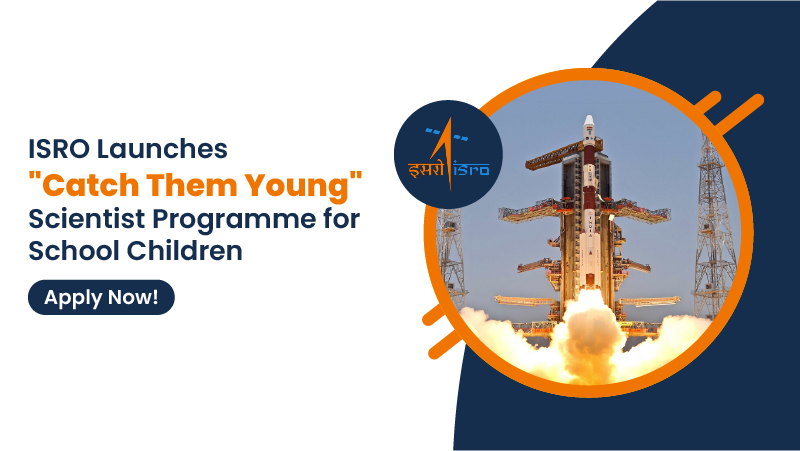
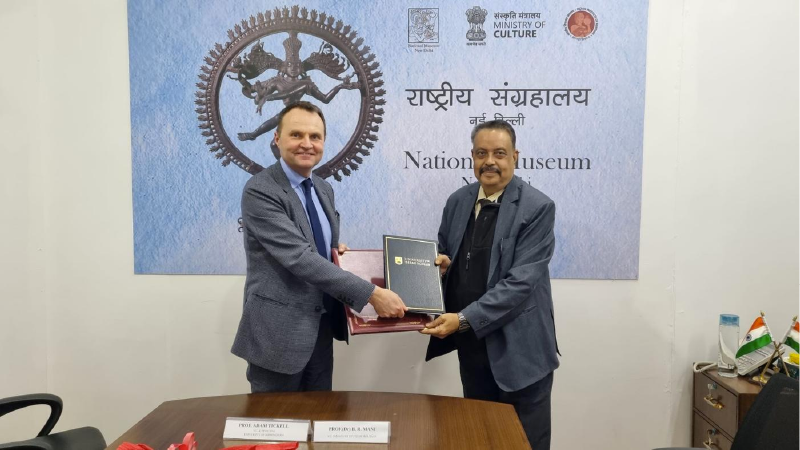
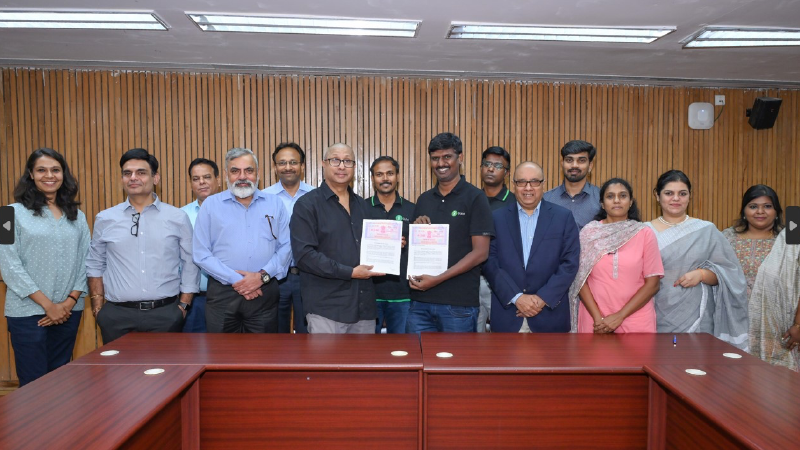
0 Comments
Post Comments